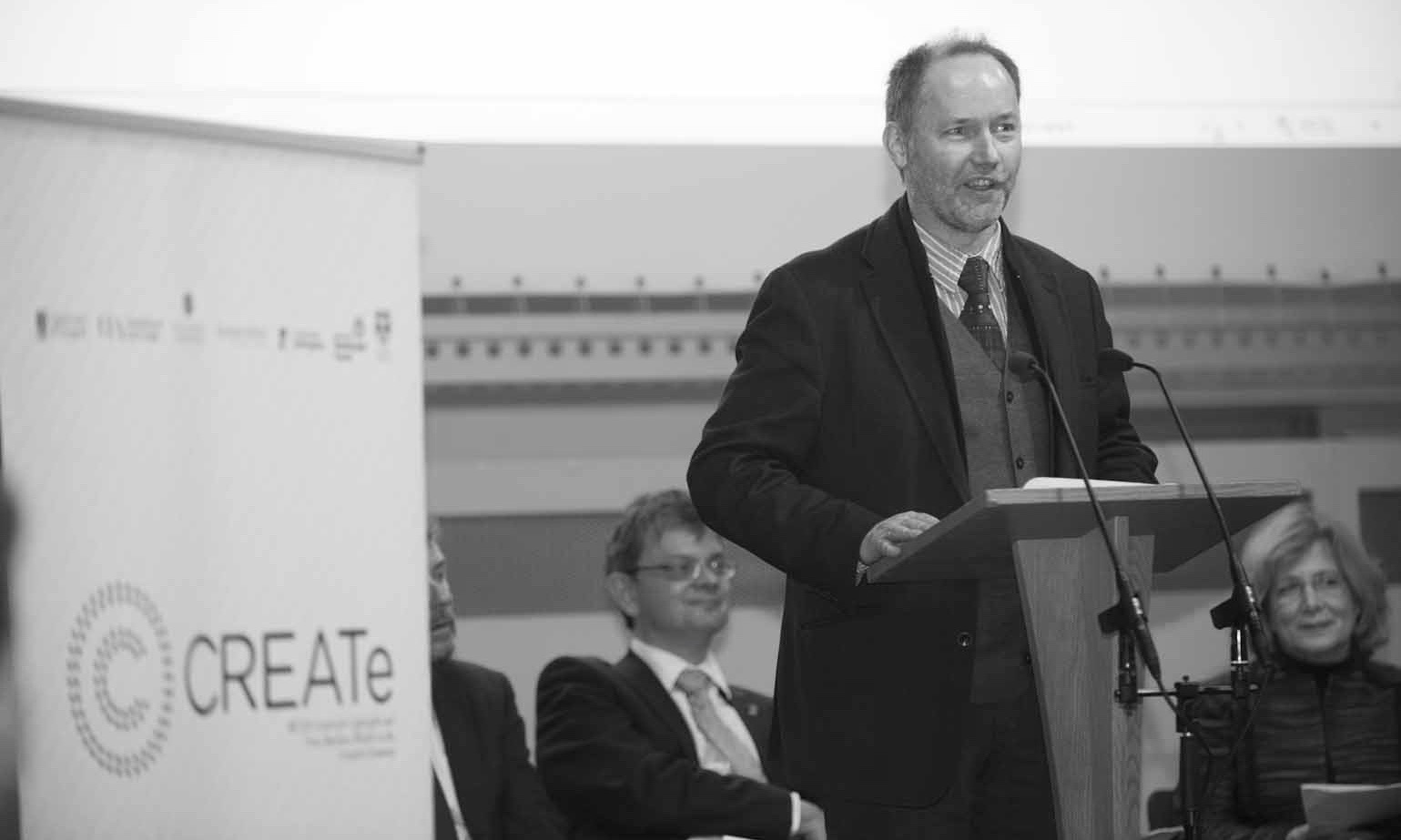The EU would lose little if it simply rejected the Directive
If you have so far failed to understand, why the new DSM Directive is so controversial, an interview with prof. Martin Kretschmer from the University of Glasgow is a Friday must-read before the week in which the European Parliament will vote on the Directive.
Through illustrative cases Prof. Kretschmer highlights, why Article 13 must be opposed, as IPI has been repeating all along (and recently quite loudly). His convincing arguments also explain, why the Directive as a whole is damaging to a balanced and effective copyright system across the EU and why Europe would be better off by rejecting the Directive in its entirety.
The entire interview can be found here.
The shortcoming of individual articles are comprehensively listed here by Communia and here by CREATe, which is lead by the very prof. Martin Kretschmer.
The Grand Board of the European Union Intellectual Property Office (EUIPO) finally ruled that the figurative sign ‘COVIDIOT’ cannot be registered as an EU trademark.
The 4th Open Knowledge Day took place on Tuesday 17 October 2023, with an accompanying workshop on 18 October 2023. This year it was organised by the Open Data and Intellectual Property Institute (ODIPI) and supported by Knowledge Rights 21 (KR21).
We invite you to the fourth Open Knowledge Day and the workshop, which will take place this year within the framework of the programme and with the support of Knowledge Rights 21. The event will bring together experts from different European countries to discuss two topics: the first part will deal with the legal basis for data analytics, which is a key part of machine learning and related artificial intelligence, and the general exception for research. In the second part, open science in theory and practice will be presented both in Slovenia and in some Western Balkan countries. Representatives of research and educational institutions from Slovenia and the Western Balkan countries, as well as interested members of the public, are invited to attend.
Dr. Maja Bogataj Jančič, a renowned expert in copyright law, has joined the Berkman Klein Center for Internet & Society at Harvard University, where she will serve as an affiliate researcher for the next two years.





